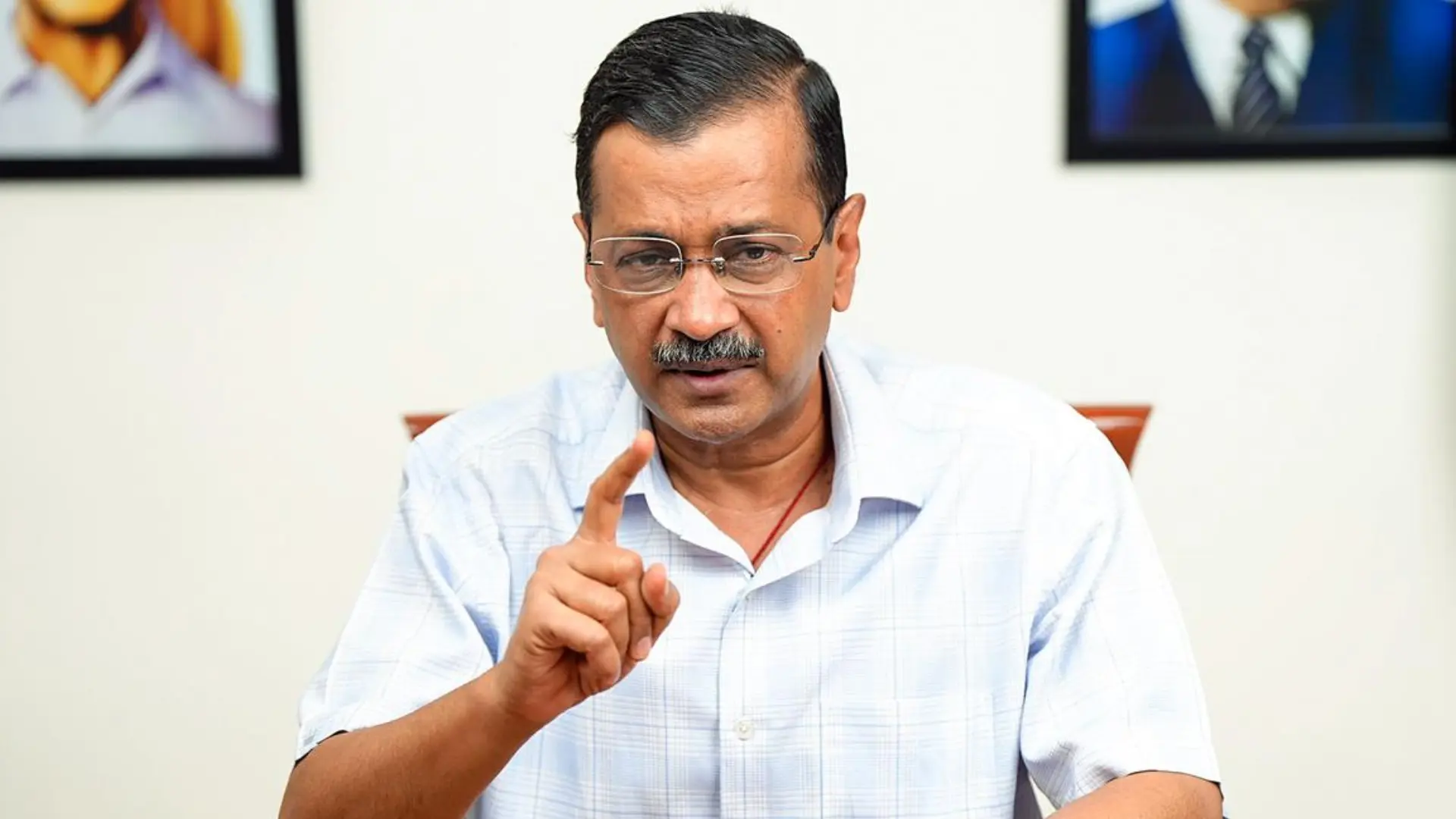The Bengaluru water crisis has raised concerns over drinking water scarcity in 58 locations across the city, particularly in areas like Mahadevapura, Bommanahalli, RR Nagar, Yelahanka, and Dasarahalli. These areas, predominantly located on the outskirts, are anticipated to face imminent challenges as the summer season approaches. At a recent coordination committee meeting led by Rakesh Singh, the additional chief secretary of the urban development department, in collaboration with BBMP and BWSSB officials, the plight of residents in these water-stressed areas was addressed.
Residents in Bengaluru will experience a complete halt in water supply from 6 am on February 27, 2024, until 6 am on February 28, 2024. The Bangalore Water Supply and Sewerage Board (BWSSB) has declared the shutdown for essential maintenance tasks and the installation of Unaccounted For Water (UFW) bulk flow meters. This interruption is crucial to ensure the efficient functioning of the water supply system and to address issues related to water management and conservation.
While the focus is on the 58 locations grappling with water scarcity, an additional 257 points across Bengaluru have been identified as experiencing water stress by the BWSSB. To address this pressing issue, Ram Prasath Manohar, chairman of BWSSB, has announced plans to deploy existing tankers and procure 18 new ones, along with hiring 200 private tankers to bolster water supply during the impending summer months. Additionally, works under Cauvery V Stage are expected to alleviate the situation by the end of April.
In parallel, BBMP has intensified its efforts to confront the challenges posed by the looming water crisis. Rakesh Singh emphasized the urgency of digging additional borewells in severely affected areas and restoring defunct or dried-up RO water plants by connecting them to nearby borewells. He stressed the imperative of ensuring round-the-clock supply of potable water to residents.
BBMP chief commissioner, Tushar Giri Nath, directed officials to identify water-stressed zones and furnish estimates promptly to expedite the allocation of funds for crisis resolution. Nath affirmed the commitment to ensuring uninterrupted water supply across all parts of the city, with priority given to areas facing acute scarcity through the provision of tankers and borewells.
Despite localized shortages, BWSSB engineers reassured that Bengaluru continues to receive 1,450 MLD of water daily from the TK Halli pumping station. They clarified that ample water storage is available at reservoirs like Krishnaraja Sagar, Kabini, and Gorur (Hemavathi) to meet the city’s potable water needs. Special attention is warranted for the 110 villages within BBMP limits, where groundwater depletion has led to severe water shortages, as highlighted by Rakesh Singh.
In conclusion, while the water crisis remains a pressing concern for certain areas on the outskirts of Bengaluru, concerted efforts by BWSSB and BBMP are underway to mitigate the situation and ensure equitable access to potable water for all residents.

















